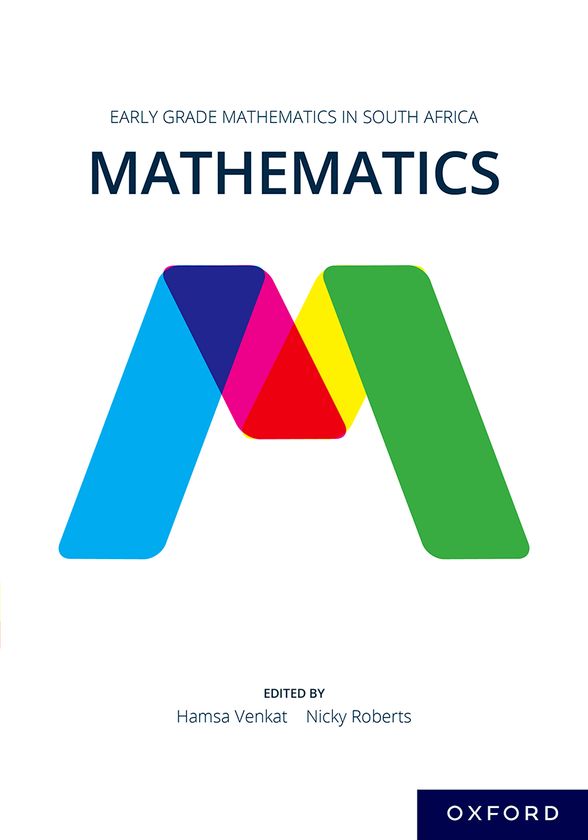The need for early intervention to address lags in mathematical learning has increasingly been foregrounded, both locally and internationally. Since 2010 South Africa has seen a growth in studies designed to understand and improve learners' early grade mathematics performance. Yielding evidence- based insights from international large-scale assessments and smaller-scale design hubs, the research in this volume focuses on these developments. They include ways of improving number sense as a foundation for mathematics learning, supporting curriculum coverage through language, and the potential of maths clubs to encourage learning.
Bringing together 26 researchers across nine universities, NGOs, and government, this volume documents evidence of learners' maths skills falling behind the curriculum in Grade 1, and the improvements achieved in focused interventions. The need for flexibility in working with the curriculum and enhanced orientations to multilingualism in interventions are a l s o flagged. The volume reflects collaboration between researchers, policy-makers, and education districts, supported by multiple design hubs. There is growing awareness of what it will take to move interventions to scale. New directions, such as initial teacher education as a critical route for changing the system and the
potential for Grade R to strengthen mathematical foundations, are also presented.
The volume will interest researchers and policy-makers seeking to understand why children continue to struggle with basic calculations, what can be done about it, and where to focus policy attention.
Foreword
1Early grade mathematics in South Africa between 2000-2010
2Mathematical stunting in South Africa
3Not adding it up
4The role of assessment in Foundation Phase improvement
5Language policy implementation in early grade mathematics in South Africa
6Improving rural early grade mathematics
7A decade of the Wits Maths Connect Primary project (2010-2020)
8A decade of the South African Numeracy Chair Project outside-of-school learner-focused interventions
9Maths clubs: Growing the possibilities of the after-school space
10Early grade mathematics in African languages
11Storytelling in early grade mathematics classrooms in South Africa
12Children doing mathematics with confidence in the early grades by 2030
